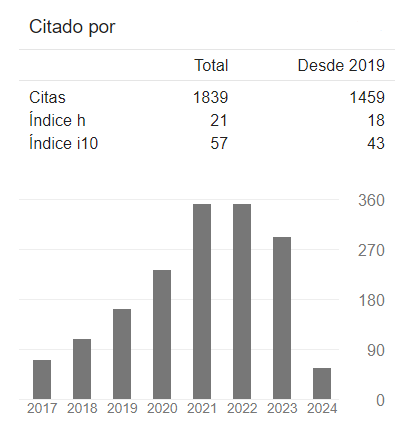La realidad como significante en la construcción de significados: una responsabilidad política de la lingüística
DOI:
https://doi.org/10.24142/raju.v5n11a7Keywords:
Reality, truth, knowledge, axiology, political, speechAbstract
As reality be the episode of experience within the individual and / or group history that engages with the day to day livability and symbolism in the concept and practice of life, it is necessary to particularize it as material beings in social, cultural, environmental, economic and political evolution, to access new nomination forms that manage to be consistent with the intimate events of this phenomenon. That is why any speech act is committed with the distinction between truth and reality in order not to arbitrarily reduce the fact of knowledge to serve certain pattern in the approach and investigation of the reasons for study. The reality involves a different complexity, and therefore, a system of enunciation that ensure, first, the elements that compose archaeologically come into play in the dialectics of everyday settings, to proceed to disclose, in ethical and political commitment, the circumstances context and its impact on the subjects that there are developed.
This text stresses on the evidence of the discrepancy between the laws of nature and society, which involves sharpening the linguistic commitment to resisting and attacking impunity, which represents the haggard face of the myth, in their expressions of lies and deception.
References
Bolívar, S. (1971). Escritos políticos. Madrid: Alianza Editorial.
Bolívar, S. (1978). Obras completas. Tomo V. Colombia: Fundación para la investigación y la Cultura. Compilación y notas de Vicente Lecuna, con la colaboración de la señorita Esther Burret de Nagariz.
Von Humboldt, A. (1991). Viaje a las regiones equinocciales del Nuevo Continente. Venezuela: Monte Ávila Latinoamericana, C.A.
De Zubiría, R. (1983). Breviario del Libertador. Medellín: Bedout.
Foucault, M. (1994). La hermenéutica del sujeto. Madrid: La Piqueta.
Guzmán, G., Fals, O. & Umaña, E. (1980). La violencia en Colombia. Tomo I. Bogotá: Carlos Valencia Editores.
Lenin, V. (1917). El imperialismo, fase superior del capitalismo. Moscú: Editorial Progreso.
Ortega y Gasset, J. (1958). La historia como sistema. Madrid: Colección El Arquero.
Ortega y Gasset, J. (1965). Meditación de la técnica. Madrid: Espasa-Calpe S.A.
Ortega y Gasset, J. (1994). Obras completas. Tomos I, II, III, IV, V, VI, VII, VIII, IX, X Madrid: Alianza Editorial.
Roig, A. (1984, Julio). Bolívar y la filosofía de la historia. Ponencia presentada al III Congreso Internacional de Filosofía Latinoamericana. Universidad Santo Tomás. Bogotá.
Russell, B. (1976). La conquista de la felicidad. España: Espasa Calpe.
Downloads
Published
How to Cite
Issue
Section
License
La rivista consente all'autore (s) di mantenere i diritti di pubblicazione senza restrizioni.
Le journal permet à l'auteur (s) de conserver les droits de publication sans restrictions.
The journal allows the author (s) to retain publication rights without restrictions.
La revista le permite al autor(es) retener los derechos de publicación sin restricciones
Die Zeitschrift ermöglicht es dem / den Autor (en), Veröffentlichungsrechte ohne Einschränkungen zu behalten.
A revista permite que os autores mantenham os direitos de publicação sem restrições.











































